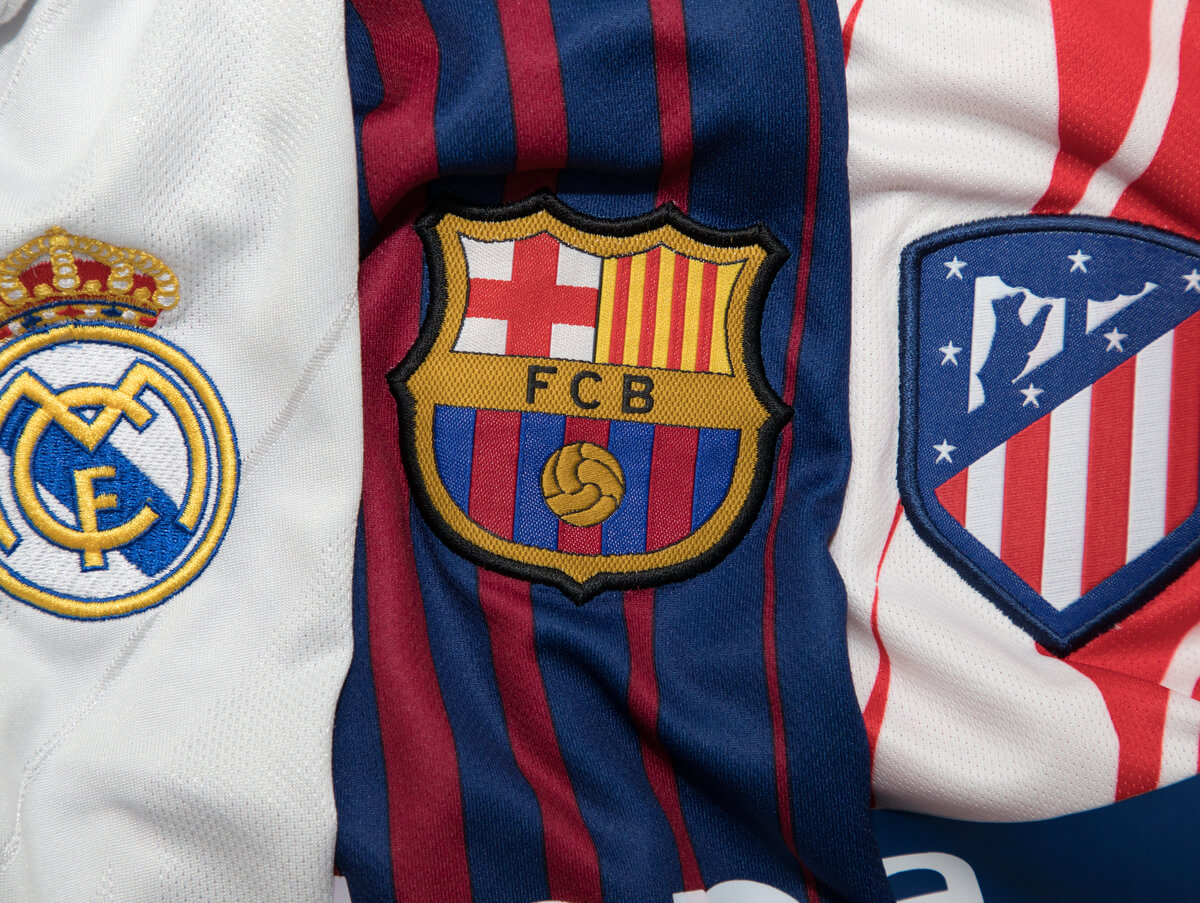A recent report by Movistar Plus+ has revealed a startling statistic that is causing concern among sports rights holders and broadcasters. According to the company, nearly half of all Spanish football viewers are now watching matches illegally, leading to an alarming rise in piracy.
Movistar's Chief Executive Officer, Daniel Domenjó, stated that 43% of football fans in Spain pirate live games. This practice undermines the economic model that sustains premium sports coverage and poses a significant threat to the industry. The current legal framework is too weak to act as a deterrent against this growing menace.
Domenjó urged the government to strengthen legislation against online piracy during his speech at a recent event in Madrid. He described illicit viewing as being "socially well regarded" in Spain — a cultural problem that normalises theft of content and erodes the value of media rights.
Impact on broadcasters and rights holders
The findings highlight the scale of challenges faced by rights holders and broadcasters as illegal IPTV services continue to thrive despite enforcement efforts. It's not just about lost revenue; it's also about protecting intellectual property rights and maintaining fair competition within broadcasting markets.
Movistar holds key broadcast rights for LaLiga matches and UEFA competitions, making it one of many companies directly affected by this issue. As such, they have joined calls from LaLiga for a coordinated crackdown on piracy across Spain’s digital platforms.
Looking beyond live matches
In response to this growing problem, Movistar is looking beyond live matches for its offerings. The operator plans on developing more documentaries and sports-related entertainment content with an aim to reduce dependence on match rights alone for its revenues.
This strategy could potentially attract more legitimate viewership while providing diversified content options for subscribers - thereby reducing their incentive towards pirated streams or downloads. Piracy has become "socially accepted" in Spain, according to Movistar. This acceptance is a significant hurdle in the fight against piracy and requires a concerted effort from all stakeholders - including the government, rights holders, broadcasters, and fans themselves.
The need for stronger legislation and enforcement is clear. However, it's equally important to change societal attitudes towards piracy and promote respect for intellectual property rights. Only then can we hope to protect sports rights effectively while ensuring that fans continue to enjoy their favourite games legally.












